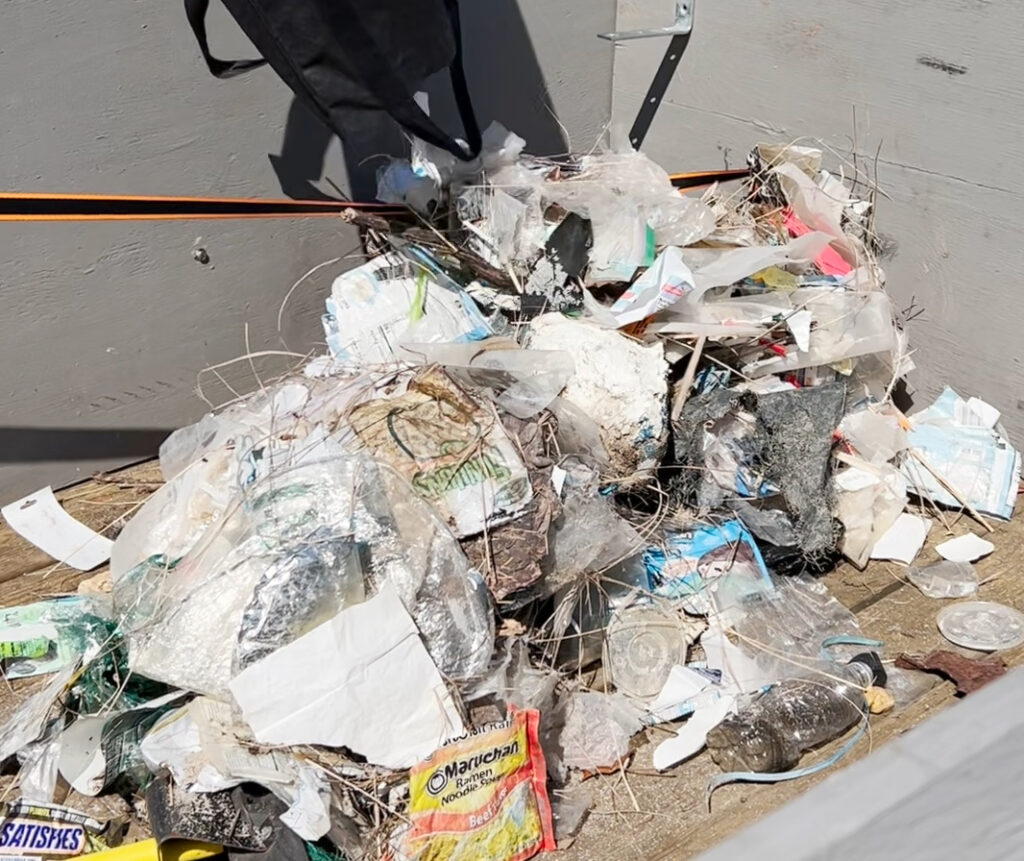In letter to Southold Town Board, community leaders call for police reform

The North Fork Unity Action Committee and Southold Town Anti-Bias Task Force hosted a silent vigil May 30 via Zoom in memory of George Floyd.
The silent vigil was a small way for a community to pay tribute at a time when nationwide outrage about police brutality and racial injustice had reached a flashpoint. In the weeks that have followed, protests and vigils have been held all across the East End, from Peconic to Greenport, Shelter Island to Riverhead.
“I think [the silent vigil] was very unifying and really kind of created a sense of the fact that we needed to mobilize and that we couldn’t just say, ‘Oh, this is a terrible thing. Now we need to go back to business as usual,’ ” said Carolyn Peabody of Orient, a co-chair of the North Fork Unity Action Committee.
Ms. Peabody, a social worker and professor at Stony Brook University, posed two questions: What comes next once the protesting ends? What’s the action that could bring about change?
With that message in mind, Ms. Peabody and Sister Margaret Smyth of the North Fork Spanish Apostolate co-authored a letter to the Southold Town Board outlining an urgent call for action. Nearly 90 Southold residents have added their signatures to the letter.
“The undersigned members of Southold Town call on the Town of Southold to engage in an independent proactive and comprehensive assessment of our Town’s justice system, including, but not limited to, our systems of policing and the policies brought to bear to fulfill our town’s efforts to protect, serve and maintain law and order,” they wrote in the letter.
One example provided was to establish civilian oversight, which can be developed with potential funding from the Department of Justice.
“This is our community, this is where we live,” Ms. Peabody said in an interview. “You can’t control what goes on everywhere else in the world, but we can try to make sure that our own community is doing its very best to ensure that the justice system — from the point of police, to when people get out of jail and get on probation — that the entire process is fair and equitable.”
Sister Margaret said there are many people in the community with stories to share about their interactions with police and the criminal justice system. Those stories often go untold.
She said she hears from people who will describe interactions with police, some that are positive and some that are not so positive. While one person pulled over for a taillight out may get a warning, another person gets a ticket, she said.
“There are those kind of disparities that need to be addressed, so that we can actually have a good handle on what’s happening,” she said.
Ms. Peabody said on a fundamental level, a key question that needs to be asked is: What makes people in a community feel safe? And how do we define a police officer’s role: as a warrior and enforcer or as a public safety and community builder?
“Every step of the way as people move through the criminal justice system is what we need to look at,” she said. “What we’re calling for is an examination of the underlying policies and how we can ensure those steps are fair, equitable and respectful of people.”
In the letter, they mention how research substantiates the effectiveness of instituting strict use-of-force policies. As part of the recent reforms announced at the state level, Gov. Andrew Cuomo said Monday that police departments and courts must track arrest data, including race and ethnicity. Police must also provide for the medical and mental health needs for those under arrest or in custody who require it.
Ms. Peabody said the goal is to start a process and begin a discussion. She and Sister Margaret hope to meet with Town Board members at an upcoming meeting to expand on their letter. They’re hopeful that those in power are willing to take an honest look at the system and assess what kind of changes could be implemented.
“I think that wisdom would dictate that it’s the best thing to do,” Sister Margaret said.
Southold Supervisor Scott Russell responded in an email to Ms. Peabody and Sister Margaret to say that he would like their first meeting with the Town Board to be an initial step toward a larger discussion with members of the court system, police departments, district attorney’s office and any other agencies charged with administering justice. That larger discussion would take place once large enough groups can meet again.
Ms. Peabody said it’s important during this discussion to remember that not every police officer is bad and neither is every person in the criminal justice system.
“I think that what we have to acknowledge is that systems have been built over time and really reflect beliefs that are unfair and historically have rendered people powerless and oppressed,” she said.








